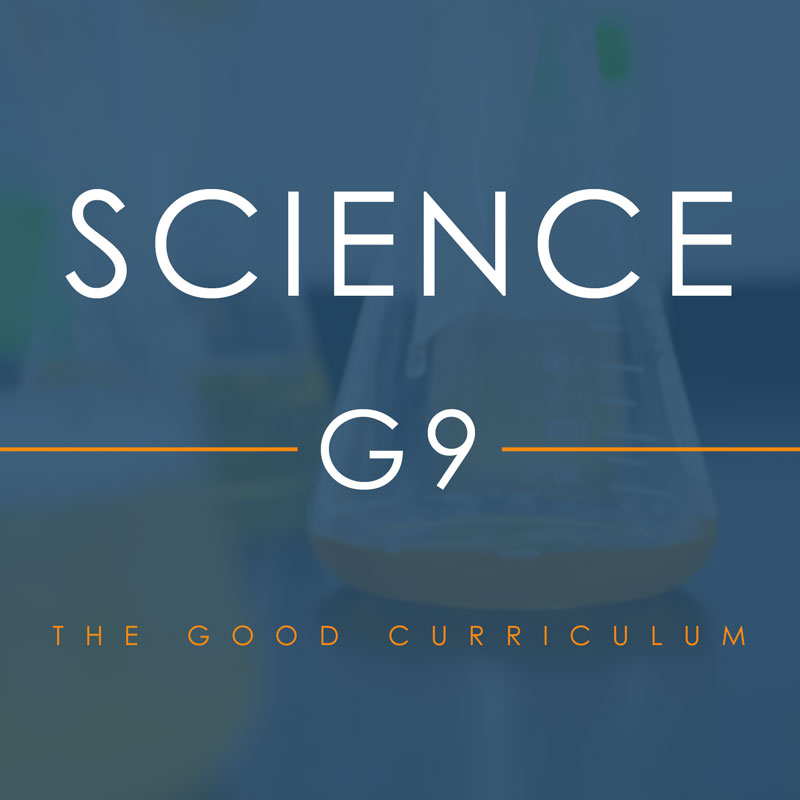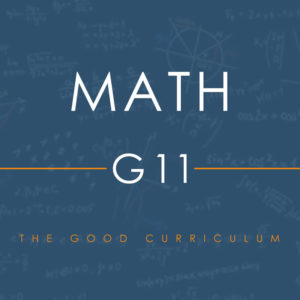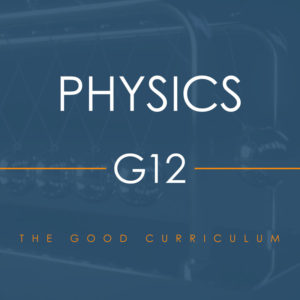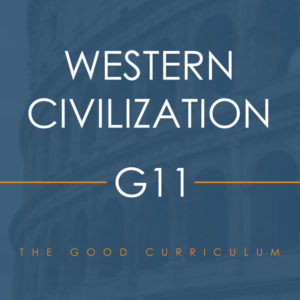Description
About the course
This will be a course in Physical Science. I will assume there will be some students that have seen some of the topics before but I will also assume some students have not. Either group of students will benefit from this course. Not having prior knowledge will not be a disadvantage.
I will assume that students are close to ready for algebra mathematically but will not assume students are proficient with Algebra or even know algebra. Students who are proficient with Algebra will still benefit greatly from this course as it is a course in science and not in math.
I will begin the course with introductory topics and background topics such as the Scientific method, measurements and units and definitions of the various fields within physical science.
An understanding of the scientific method is crucial for the students. Before the development of the scientific method, western civilization believed for thousands of years that the world was governed by theories proposed by Aristotle. This method and the thinking that accompanies this will permeate the course.
I will then cover all of the major concepts in classical physics such as the laws of motion, vibrations, optics, electromagnetics, concepts of heat and work, momentum.
I will then cover major concepts within chemistry such as the periodic table, atomic bonding, acids and bases, and chemical reactions.
Once a firm foundation is laid in those topics we will discuss their applications in the other physical science fields of Astronomy, Geology, and Meteorology.
This course will be as much about how to approach and master a science course as it will be about the topics covered in the course.
Students who take this course will have a two-pronged benefit if they are intending to go on in any field that requires science. The first benefit is that they will have a solid grasp of the concepts so that when they later take a course such as physics, they will already know the concepts and can focus on the mathematical manipulations that would be required in such a course. The second benefit is that they will have learned how to learn scientific concepts and apply them.
What students have said about the course
Below are some quotes from students who took the course in the first year:
“I would just like to thank Mr. Hamilton for providing this great class, I have learned a lot, and this is my favorite class. The lectures aren’t dry, the occasional joke is good, it makes the class more lively. And there is something about Mr. Hamilton’s lecture style that just shouts deep knowledge on whatever he’s talking about. That gives me comfort that he thoroughly knows what he’s teaching. This is a huge educational leap from my public school life a couple of years ago. Thank you for your dedication to providing this class for us.”
“Thanks for all the awesome lessons, and for being a great teacher.” ~Perrissa
“I agree. I was never a very science-oriented person, but now I love to learn more and more about it. Thank you, Mr. Hamilton.” Myriam
“Mr. Hamilton, I would just like to thank you for all the hard work that you put into these videos. You make it very enjoyable to listen to. But I especially love your diagrams. (You don’t draw like a two-year-old; actually, in fact, you draw better than I do!) Just today, I didn’t quite understand what you were trying to say. But when you drew it out, I understood completely. Thank you so much!” Forrest
“I also enjoy Mr. Hamilton’s lessons and thanks for them. Science is so Interesting. My Family went to the Orlando Science Center a few months ago and we had a blast. Also, that made Science even more exciting. I agree with Forrest about your drawings, Mr. Hamilton. Thanks again for the awesome lectures.” ~Perrissa 🙂
About the instructor
Mr. Hamilton has a BS and MS in mechanical engineering. He has worked professionally as an engineer both as a company employee and as an independent consultant. He has spent over a decade teaching Engineering and Science to university students and understands both how to teach complex topics and what students need to know to be able to succeed in the STEM fields.





Reviews
There are no reviews yet.